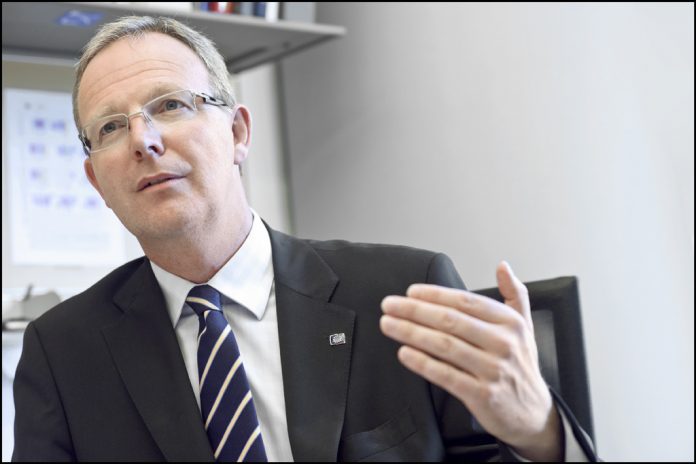A revised negotiating position on copyright rules was adopted by the European Parliament on September 12. Approved by 438 votes to 226, with 39 abstentions, the aim is for artists, notably musicians, performers and script authors, as well as news publishers and journalists, to be paid for their work when it is used by sharing platforms such as YouTube or Facebook, and news aggregators such as Google News.
“I am very glad that despite the very strong lobbying campaign by the internet giants, there is now a majority in the full house backing the need to protect the principle of fair pay for European creatives,” said rapporteur Axel Voss (EPP, DE), after the vote which came after much heated debate.
“I believe that Parliament has listened carefully to the concerns raised,” he added. “Thus, we have addressed concerns raised about innovation by excluding small and micro platforms or aggregators from the scope. I am convinced that once the dust has settled, the internet will be as free as it is today, creators and journalists will be earning a fairer share of the revenues generated by their works, and we will be wondering what all the fuss was about.”
The Parliament’s position, however, is tougher than the plans initially proposed by the European Commission. For instance, it makes online platforms and aggregators liable for copyright infringements even if it is just a snippet – a small part of a news publisher’s text is displayed.
In practice, this liability requires these parties to pay right holders for copyrighted material that they make available. Parliament’s text also specifically requires that journalists themselves, and not just their publishing houses, benefit from remuneration stemming from this liability requirement.
But, in an attempt to encourage start-ups and innovation, the text now exempts small and micro platforms from the directive.
The text also specifies that uploading to online encyclopaedias in a non-commercial way, such as Wikipedia, or open source software platforms, such as GitHub, will automatically be excluded from the requirement to comply with copyright rules.
In a statement, European Commission Vice-President for the Digital Single Market Andrus Ansip and Commissioner for Digital Economy and Society Mariya Gabriel welcomed the outcome in a joint statement:
“We welcome today’s vote at the European Parliament. It is a strong and positive signal and an essential step to achieving our common objective of modernising the copyright rules in the European Union,” Ansip and Gabriel said in a joint statement.
“Our aim for this reform is to bring tangible benefits for EU citizens, researchers, educators, writers, artists, press and cultural heritage institutions and to open up the potential for more creativity and content by clarifying the rules and making them fit for the digital world. At the same time, we aim to safeguard free speech and ensure that online platforms – including 7,000 European online platforms – can develop new and innovative offers and business models.”
As reported by the Reuters news agency, the Federation of European Film Directors (FERA), the Federation of Screenwriters in Europe (FSE) and the Society of Audiovisual Authors (SAA) welcomed the vote.
Critics sound alarm over ‘bad’ reform
Google, however, called it a disappointing outcome. “It’s bad for creators, for entrepreneurs and for innovators,” Google’s chief business officer, Philipp Schindler, said at the dmexco digital marketing fair in Cologne.
Web browser company Mozilla said the fight was not over. “We at Mozilla will do everything we can to achieve a modern reform that safeguards the health of the internet and promotes the rights of users. There’s simply too much at stake not to,” the company said.
European consumer body BEUC also criticised the vote. “It is beyond comprehension that time and again EU policy makers refuse to bring copyright law into the 21st century. Consumers nowadays express themselves by sampling, creating and mixing music, videos and pictures, then sharing their creations online,” said Monique Goyens, BEUC director general.

